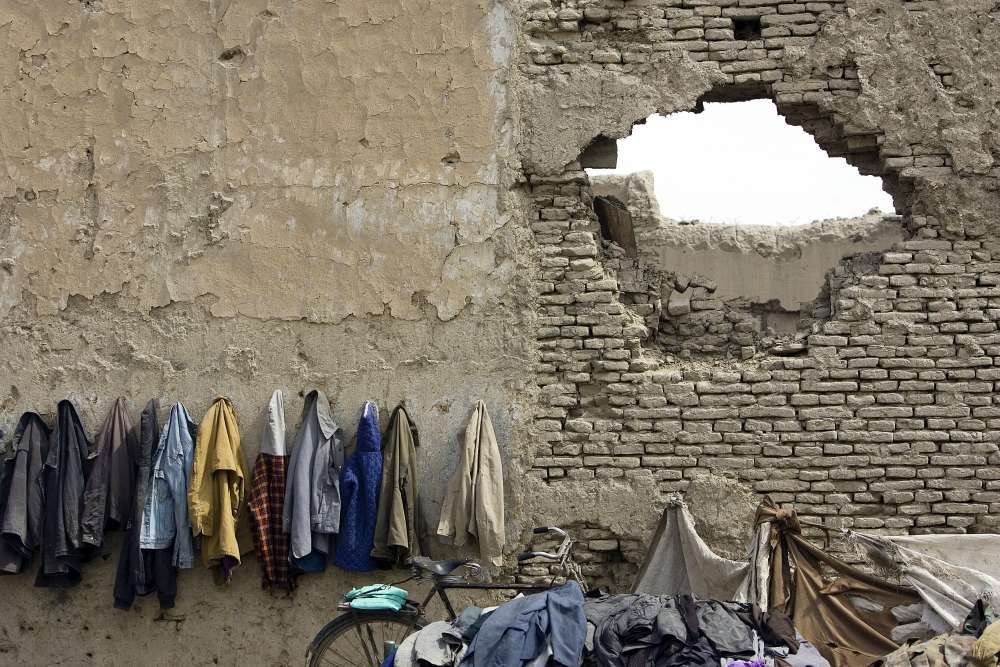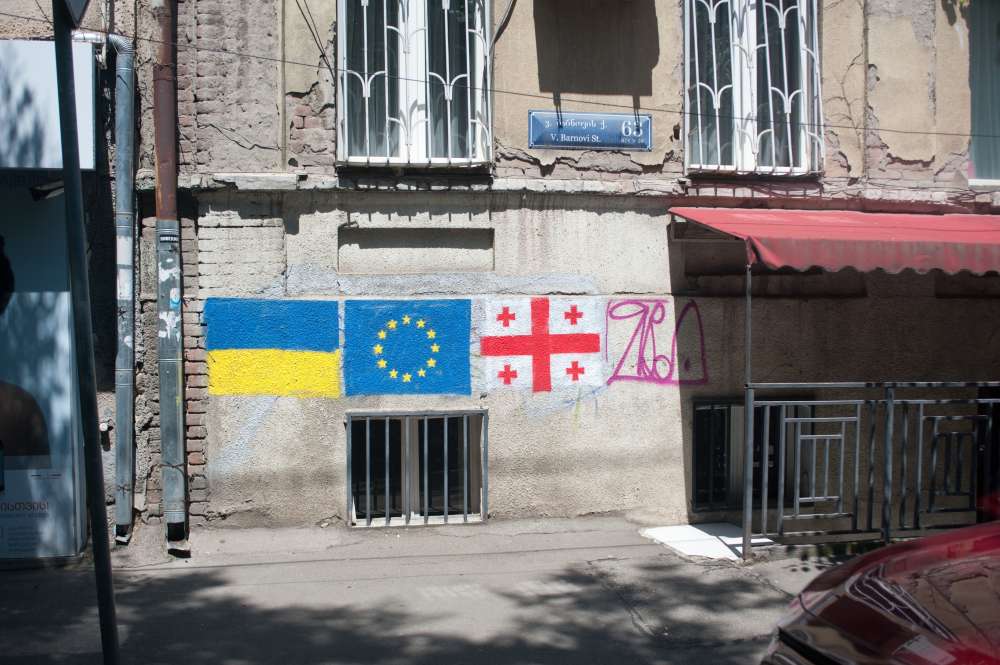Germany and the Rwandan Genocide

Over the past 20 years, the international response to the genocide in Rwanda has been analyzed and critically reviewed many times. Analysts have focused on how the United Nations and a few crucial member states responded to the genocide, including the United States, France and Belgium.
Germany’s role before and during the genocide, however, has not been thoroughly analyzed. In the early 1990s Germany had only just began to discuss its new role in the post-Cold War world. By 1994 the German public and politicians were engulfed in discussions on the constitutionality of the use of German military force abroad and on the atrocities in the Balkans.
A new study on Germany’s role before, during and after the Rwandan genocide by GPPi’s Sarah Brockmeier now demonstrates that a thorough examination of this role would yield important lessons for German foreign and security policy. Germany and Rwanda have a long history of development cooperation. Rwanda was part of Germany’s colonies until 1916. Following Rwanda’s independence in 1962, Germany became one of the country’s biggest aid donors.
In her research paper, Brockmeier shows how, despite warnings by German development workers and diplomats in Rwanda of the risks of large scale violence in the country, the federal government supported the Habyarimana government until its very end. Important information about the situation in the country was not forwarded by the embassy or the German Organisation for Technical Cooperation (GTZ) to the foreign or development ministries in the early 1990s. The information that was reported to the capital was at no point collected and acted upon, preventing the German government from responding to early warning signs. Instead of reducing its aid to the Habyarimana government when the latter was accused of human rights violations, Germany even increased its support to the Rwandan government. In 1993, the year before the genocide, Germany overtook Belgium as the biggest aid donor in the country.
When the UN asked Germany for a transport plane and a medical unit of 100 soldiers in May 1994, the German government declined, citing security concerns for German staff. It did send the transport plane, but only after the end of the genocide. When the German state of Rhineland-Palatinate proposed to take in only 147 Rwandan refugees, the conference of German interior ministers decided against the request.
Despite numerous media reports describing the brutality of the killings, there was no public debate in Germany. The German parliament did not even schedule a debate on the issue. Helmut Kohl, chancellor of Germany at the time, only addressed the situation in Rwanda once: A week after the beginning of the killings, Kohl announced that German citizens had been successfully evacuated from the country.
The official language used in Germany at the time to describe the situation in Rwanda is also telling of Germany’s stance. The German government and German political parties began using the word “genocide” in mid-May. Yet, as Brockmeier shows, they used the word to describe the extent of the killings rather than to describe the intended destruction of Rwanda’s Tutsi population.
Brockmeier concludes that a thorough examination of the German role before and during the genocide could yield important lessons for Germany: on the early warning and prevention of genocides, the value of political mediation, the importance of a correct analysis of a conflict situation and the importance of German support to UN peacekeeping operations.
To read this piece (in German), please visit the Heinrich-Böll-Stiftung website.







